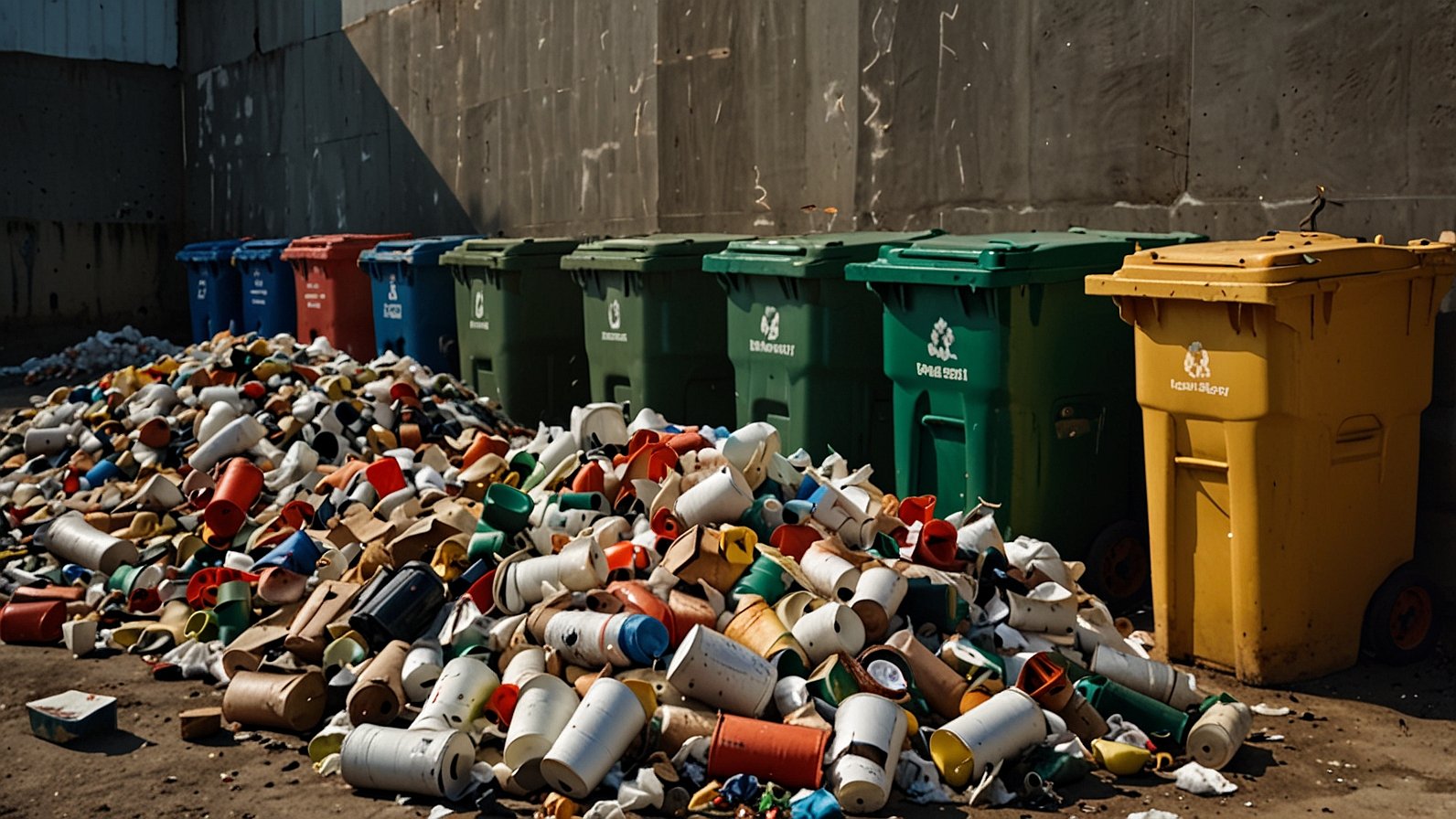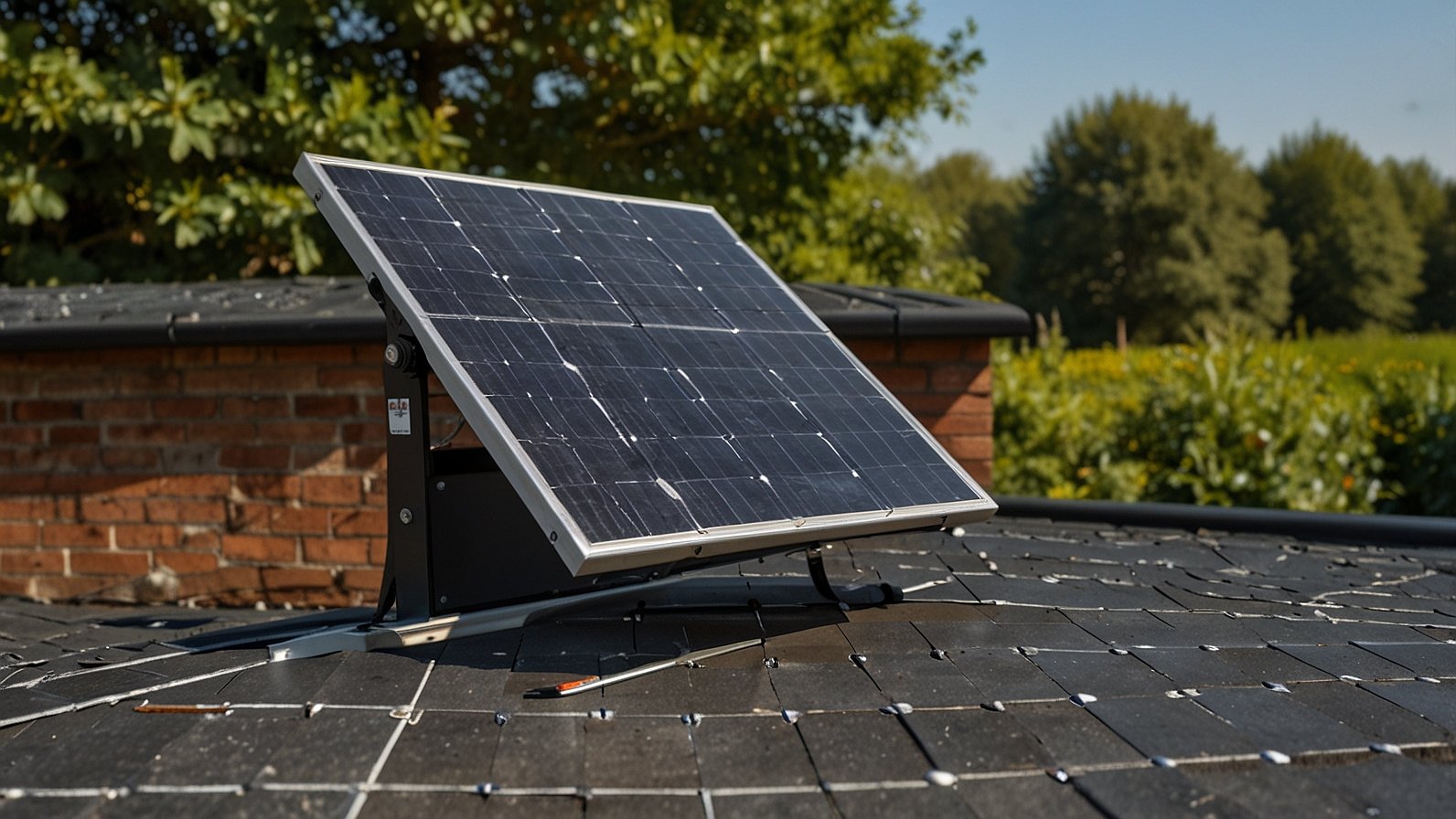Key Takeaways
- Advanced technologies, such as AI and IoT, are revolutionizing waste management.
- Composting and recycling initiatives significantly reduce landfill waste.
- Public-private partnerships are essential for effective waste solutions.
Table of Contents
- AI and IoT Integration in Waste Management
- Composting and Recycling Initiatives
- Public-Private Partnerships in Waste Solutions
- Future Trends in Sustainable Waste Management
- Conclusion
As communities grow and urbanization accelerates, the challenge of managing waste sustainably has never been greater. Modern waste management solutions are rapidly evolving, embracing technological breakthroughs and strategic partnerships to meet global environmental targets. Responsible waste management is crucial not only for ecological preservation but also for enhancing public health and urban livability. For organizations, working with a reputable dumpster rental company is a practical step toward efficient and sustainable waste handling, whether for businesses, construction projects, or community events.
The waste management landscape is evolving as cities and industries invest in smarter infrastructure and processes to divert waste and promote circular economies. Emerging technologies, such as AI and IoT, automate sorting and optimize routes, thereby boosting efficiency and reducing costs. Grassroots efforts in composting and recycling show impressive local and national benefits. Public-private collaboration is driving infrastructure improvements and innovation, demonstrating how tech and teamwork can reduce waste and advance resource recovery. These strategies are crucial for reducing carbon footprints and promoting sustainability. Effective waste management now combines technology, community involvement, and investment, ranging from neighborhood compost bins to large-scale recycling technology projects.
AI and IoT Integration in Waste Management
Artificial Intelligence and the Internet of Things are playing transformational roles in streamlining modern waste management. Smart bins equipped with sensors can monitor fill levels and automatically signal collection trucks when they are nearing capacity, ensuring that resources are deployed only when necessary and reducing unnecessary fuel consumption. AI-driven sorting systems can distinguish between recyclables, organics, and landfill waste, vastly improving recycling rates and reducing contamination in waste streams.
Real-world evidence is already demonstrating the impact of these technologies. In Makkah City, Saudi Arabia, an IoT-based waste management system resulted in significant operational improvements during large-scale events. Similar implementations in European smart cities have led to reduced litter, optimized route planning, and lower emissions, as reported by Forbes. These data-driven approaches provide a strong foundation for towns seeking to achieve ambitious sustainability goals.
Composting and Recycling Initiatives
Composting and recycling are essential strategies for diverting organic matter and recoverable materials from landfills. Municipal composting programs, such as those in New York City, successfully convert millions of pounds of food scraps into nutrient-rich compost, which can then be used to support urban agriculture and enhance soil quality in green spaces. In addition to environmental benefits, these programs reduce methane emissions—a key greenhouse gas associated with organic waste in landfills.
Large-scale recycling initiatives are also yielding positive results. Stadiums and sports venues, once notorious for generating high amounts of waste, are now leading the way by implementing comprehensive recycling and composting programs. For example, NFL stadiums have implemented robust waste sorting and recycling systems, significantly reducing their environmental footprint and setting a positive example for fans and the surrounding communities. Both public and private sector leadership back the ongoing commitment to resource recovery.
Public-Private Partnerships in Waste Solutions
Sustainable waste management requires coordination and investment from both government bodies and private enterprises. These public-private partnerships foster innovative solutions, improve infrastructure, and expand the reach of waste diversion programs. An illustrative example is Terex’s acquisition of Dover’s environmental solutions business, which has strengthened capabilities across the waste collection and processing supply chain, supporting scalable growth to meet rising ecological standards. This collaboration demonstrates how industry investment can accelerate the transition to efficient, tech-enabled waste management on a national scale.
Such partnerships have also been credited with spurring community-based recycling incentives, zero-waste ordinances, and material recovery facilities, providing a blueprint for both developed and developing regions seeking to modernize their waste management frameworks.
Future Trends in Sustainable Waste Management
The coming years promise even greater advancements in both technology adoption and policy innovation regarding waste management. Global events, such as EcoWASTE 2025, hosted in Abu Dhabi, bring together sector leaders and policymakers to exchange best practices and evaluate the latest circular economy models. These forums are crucial in accelerating the global drive toward more sustainable waste solutions, as recently reported by Devdiscourse.
In addition, next-generation energy-efficient computing architectures are expected to enhance the environmental performance of AI-driven waste systems, ensuring that increased digitalization does not offset sustainability gains. As automation and digitization continue to gain momentum, communities and organizations must remain proactive in adopting new models that prioritize efficiency, resource recovery, and the integration of renewable energy.
Conclusion
Sustainable waste management is a dynamic and multifaceted field, driven by technological innovation, strong partnerships, and a relentless pursuit of efficiency. By embracing AI and IoT, supporting grassroots composting and recycling initiatives, and fostering collaborations across sectors, urban and rural communities alike can make significant strides in reducing waste and improving environmental health. As demonstrated by leading case studies and ongoing global trends, the future of waste management belongs to those who innovate, collaborate, and act with sustainability at the core.
You May Also Read: Rapelusr: The AI Power-Up for Your Workflow










